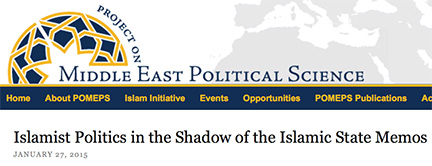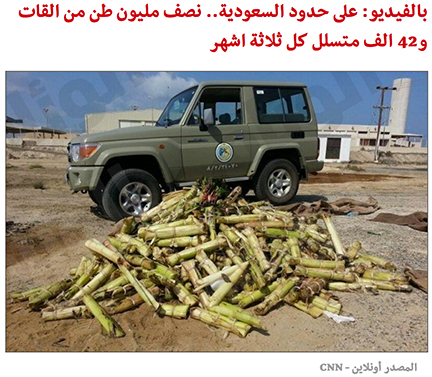
By Juan Cole (Informed Comment), February 17
The self-styled ‘Islamic State’ Group (ISIS or ISIL), the Arabic acronym for which is Daesh, is increasingly haunting the nightmares of Western journalists and security analysts. I keep seeing some assertions about it that strike me as exaggerated or as just incorrect.
1. It isn’t possible to determine whether Daesh a mainstream Muslim organization, since Muslim practice varies by time and place. I disagree. There is a center of gravity to any religion such that observers can tell when something is deviant. Aum Shinrikyo isn’t your run of the mill Buddhism, though it probably is on the fringes of the Buddhist tradition (it released sarin gas in the Tokyo subway in 1995). Like Aum Shinrikyo, Daesh is a fringe cult. There is nothing in formal Islam that would authorize summarily executing 21 Christians. The Qur’an says that Christians are closest in love to the Muslims, and that if they have faith and do good works, Christians need have no fear in the afterlife. Christians are people of the book and allowed religious freedom by Islamic law from the earliest times. Muslims haven’t always lived up to this ideal, but Christians were a big part of most Muslim states in the Middle East (in the early Abbasid Empire the Egyptian and Iraqi Christians were the majority). They obviously weren’t being taken out and beheaded on a regular basis. They did gradually largely convert to Islam, but we historians don’t find good evidence that they were coerced into it. Because they paid an extra poll tax, Christians had economic reasons to declare themselves Muslims.
We all know that Kentucky snake handlers are a Christian cult and that snake handling isn’t typical of the Christian tradition. Why pretend that we can’t judge when modern Muslim movements depart so far from the modern mainstream as to be a cult? Continue reading Today’s Top 7 Myths about Daesh/ ISIL







